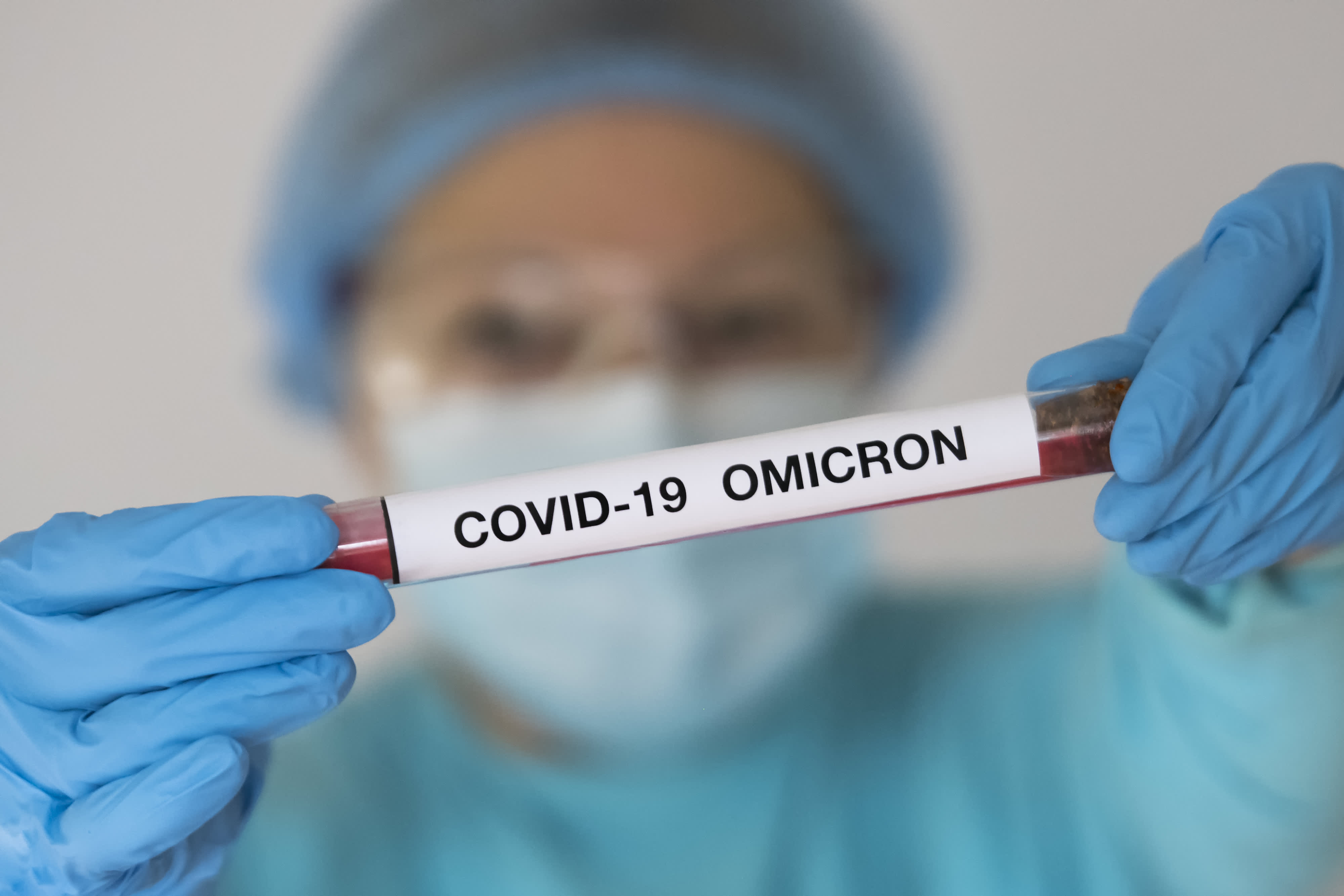WHO says South Africa Covid hospitalizations are rising but it’s too soon to know severity of omicron

Maxym Marusenko | NurPhoto | Getty Images
Hospitalizations are rising across South Africa, but it’s still too early to know whether the omicron variant is driving an increase in severe Covid-19 cases, according to the World Health Organization.
Maria Van Kerkhove, Covid technical lead for the WHO, said Wednesday that some patients infected with omicron are showing mild symptoms, but there are also reports of cases in which the disease becomes more severe. Hospitalizations could be rising due to a general increase in Covid cases and not necessarily because omicron is more lethal, Van Kerkhove said.
“With regards to severity, there are studies that are underway looking at hospitalizations, looking at those individuals who are hospitalized, whether or not they have this variant or not,” Van Kerkhove told reporters during an update in Geneva. “We’re also getting a picture of some of the cases that are detected in other countries.”
The WHO reported on Wednesday that 23 countries have identified omicron case so far, up from 18 just two days ago, and that number is expected to rise in coming days and weeks. The United States has not yet detected the variant, but White House chief medical advisor Dr. Anthony Fauci has said it’s a matter of time before omicron is sequenced in America.
Van Kerkhove said there are early indications that omicron is more infectious, and the WHO expects to have more information on the variant’s transmissibility within days.
“It is certainly possible that one of the scenarios is that the virus, as it continues to evolve, may still have a fitness advantage, meaning that it can become more transmissible than delta, we’ll have to see,” she said. “But we don’t know quite yet about the severity.” Van Kerkhove noted that there’s a “surveillance bias” in reported Covid cases that may cloud the early data.
Dr. Scott Gottlieb, a Pfizer board member and former commissioner of the U.S. Food and Drug Administration, told CNBC on Wednesday that there was a mini-delta surge in South Africa as well as uptick in a separate variant, C.1.2, which complicates efforts to gain clarity on omicron’s transmission and virulence.
Moderna CEO Stephane Bancel told CNBC on Monday that omicron symptoms reported in South Africa may not be a good predictor the variant’s virulence in other parts of the world, because the country has a much younger and healthier population than Europe nations and the United States. The elderly are typically at higher risk for developing severe Covid than younger individuals.
Van Kerkhove said on Wednesday that the public health measures used to fight delta, which is currently the dominant variant worldwide, should be strengthened to combat omicron.
“That does not mean lockdown. What that means is using proven public health and social measures,” Van Kerkhove said. The WHO recommended last week that people wear masks and socially distance regardless of their vaccination status.
WHO Director General Tedros Adhanom Ghebreyesus on Wednesday advised countries against imposing “blanket travel bans,” warning that such measures do not prevent the spread of omicron and place a heavy economic burden on the nations that are targeted. The U.S., the European Union and the U.K. restricted travel from southern African nations after South Africa alerted the world about omicron. Botswana said Friday it first detected the variant on four foreign nationals who entered the country on a diplomatic mission on Nov. 7 as part of its regular Covid surveillance.
“I thank Botswana and South Africa for detecting, sequencing and reporting this variant so rapidly,” Tedros said. “It’s deeply concerning to me that those countries are now being penalized by others for doing the right thing.”
Van Kerkhove said placing travel restrictions on countries that report new variants to the international community could make them hesitant to share critical information in the future.
“If there is any disincentive if countries feel like they will be penalized for recording that information, that is of course a worry for us,” she said “We rely on this information, quite frankly.”
The WHO will hold a meeting on Dec. 6 to discuss how well natural and vaccine-induced immunity is holding up against Covid, including the omicron variant. Dr. Soumya Swaminathan, the WHO’s chief scientist, said the primary goal of the world should be to ensure that as many people as possible have received their first vaccination series, particularly those who are vulnerable.
“There are all countries that still have vulnerable populations that have not been vaccinated for one reason or another,” Swaminathan said. “Of course, there are a large number of low income countries where it hasn’t happened because we haven’t had the supplies.”
Wealthy nations such as the United States have started rolling out booster doses to the general public as vaccine efficacy wanes over time. That has been a source of controversy internationally because many people in poorer nations have very limited access to vaccines.




